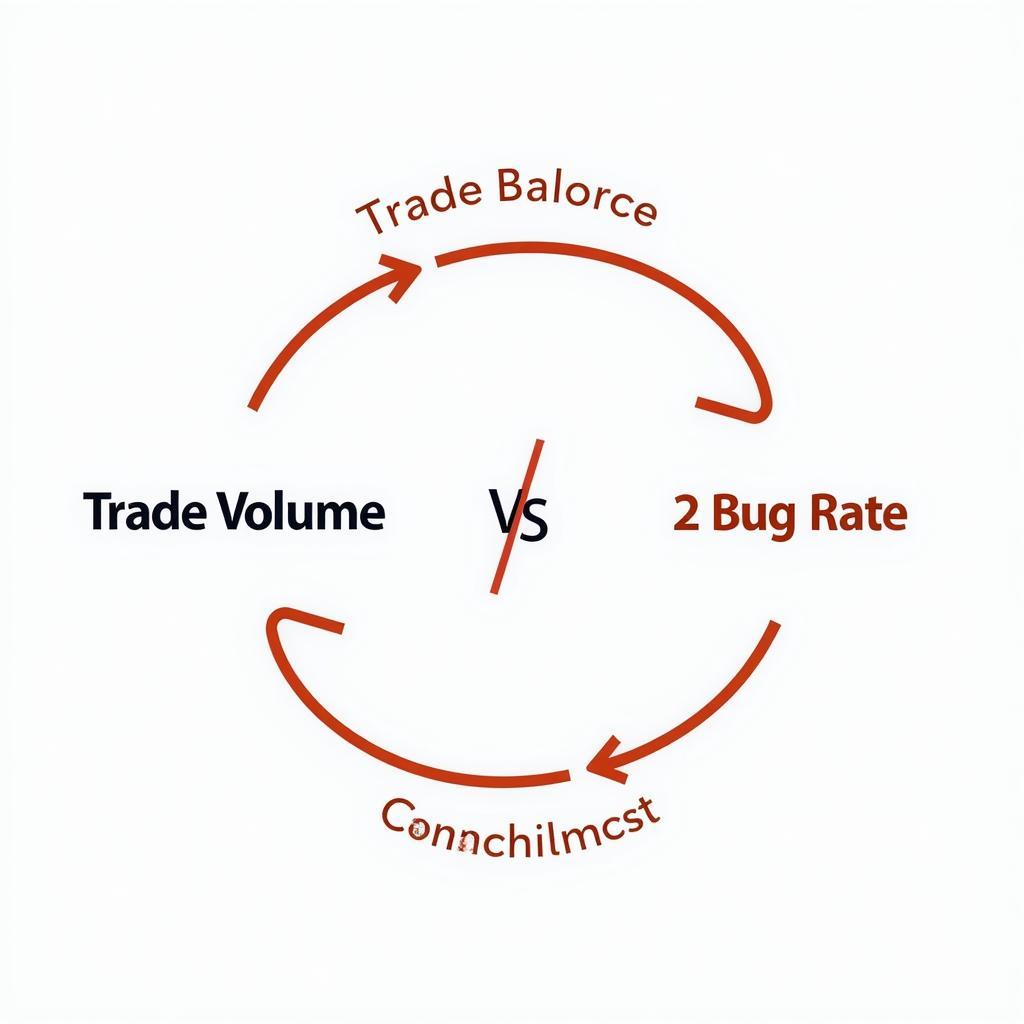International trade and its effects on currency values have become increasingly frequent topics in IELTS Writing Task 2 examinations. Based on analysis of past papers and current trends, questions about global trade’s impact on national economies appear in approximately 15% of economics-related tasks, making it a crucial area for IELTS candidates to master.
As impact of global trade on stock prices continues to shape international markets, let’s examine a recent IELTS task that explores this theme:
Some people believe that increased international trade has negative effects on domestic currency values. To what extent do you agree or disagree with this statement? Give reasons for your answer and include relevant examples from your knowledge or experience.
Task Analysis
This question requires candidates to:
- Take a clear position on the relationship between international trade and currency values
- Support arguments with specific examples
- Demonstrate understanding of economic concepts
- Present a well-structured response with balanced analysis

Sample Essay 1 (Band 8.5)
The correlation between international trade and domestic currency values is indeed complex, and while I partially agree that increased global trade can sometimes negatively impact national currencies, I believe the relationship is more nuanced and depends on various economic factors.
First and foremost, extensive international trade can potentially weaken a country’s currency when it leads to persistent trade deficits. When a nation consistently imports more than it exports, the demand for foreign currency increases, which can devalue the domestic currency. For instance, how trade deficits impact financial markets has been clearly demonstrated in developing economies like India, where large trade deficits have historically contributed to rupee depreciation.
However, increased international trade can also strengthen a domestic currency when managed effectively. Countries with strong export sectors often experience currency appreciation due to higher demand for their currency in international markets. South Korea’s won, for example, has shown remarkable resilience due to the country’s robust export-oriented economy, particularly in technology and automotive sectors.
Moreover, the impact of international stock market fluctuations shows that trade relationships often create economic interdependencies that can actually stabilize currency values. The European Union’s common market demonstrates how integrated trade systems can provide currency stability through mutual economic support and standardized trade practices.
In conclusion, while increased international trade can pose challenges to currency stability, its effects largely depend on how nations manage their trade relationships and economic policies. The key lies in maintaining balanced trade relationships and implementing appropriate monetary policies to mitigate potential negative impacts.
Sample Essay 2 (Band 6.5)
I agree that international trade can have negative effects on domestic currency values. This essay will discuss the main reasons for this impact.
Firstly, when countries trade a lot with other nations, they sometimes spend more money on imports than they make from exports. This creates a trade deficit, which can make their currency weaker. For example, many developing countries face this problem when they buy expensive technology from developed nations.
Secondly, impact of foreign exchange on trade shows that when international companies buy and sell currencies for trade, it can cause the value of local money to change quickly. This happens because traders might suddenly want to buy or sell large amounts of currency.
However, some good things can also happen. When countries sell many products to other nations, they can make their currency stronger. China is a good example because it sells many products to other countries, which has helped make its currency more valuable.
In conclusion, while international trade can make currencies weaker, it depends on how countries manage their trade. Good economic planning can help protect currency values.
Analysis of Band Scores
Band 8.5 Essay:
- Sophisticated vocabulary and complex structures
- Clear position with nuanced analysis
- Well-developed arguments with relevant examples
- Excellent paragraph organization
- Appropriate use of linking devices
Band 6.5 Essay:
- Simple but clear vocabulary
- Basic argument structure
- Limited range of examples
- Some repetition in ideas
- Basic linking words
Key Vocabulary
- Currency depreciation (n) /dɪˌpriːʃiˈeɪʃən/ – decrease in currency value
- Trade deficit (n) /treɪd ˈdefɪsɪt/ – situation where imports exceed exports
- Economic interdependency (n) /ˌɪntə(ː)dɪˈpendənsi/ – mutual reliance between economies
- Monetary policy (n) /ˈmʌnɪtəri ˈpɒləsi/ – central bank’s currency management
- Exchange rate fluctuation (n) /ˌflʌktʃuˈeɪʃən/ – changes in currency value
For further understanding of how impact of central bank policies on national currency value affects international trade, practice writing essays about related topics such as:
- The role of digital currencies in international trade
- Impact of trade agreements on currency stability
- Effects of economic sanctions on currency values
Share your practice essays in the comments section for feedback and discussion with fellow IELTS candidates.